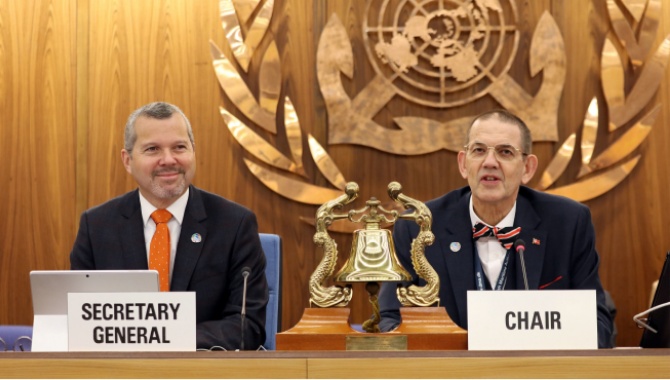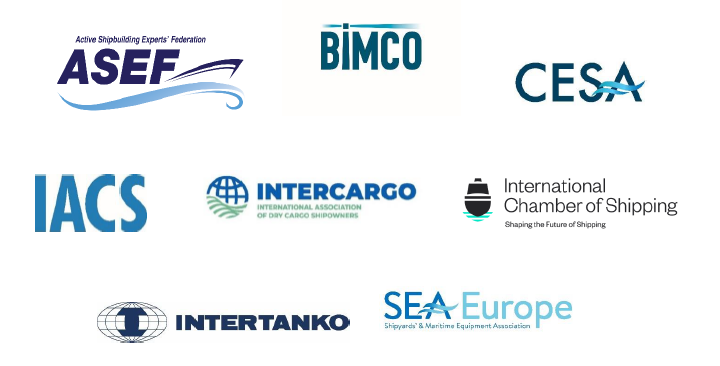
China's commerce ministry issued a suspension-of-concessions list of 128 American products, aiming to balance losses from the US's new tariff policy on steel and aluminum products.
The list includes 128 products, involving a worth of $3 billion. The first part of the list has 120 products, worth of $977 million, including fruits, nuts, wine and stainless steel pipelines. For this part, China plans to impose a 15% higher of tariff. For another 8 items such as pork and recycle aluminum products, there might be a possible tariff of 25% higher.
President Trump previously tried to make it clear that his new tariff policy is not only economic, but also for "the national security".
"Such rhetoric is useless as no one would fail to understand as it has substantially set up the trade protection," one critic said. "It has violated the principle of free trade and impact China's interests."
According to the WTO's related rules, China made the list of suspension of concessions. If the two countries fail to reach trade compensation agreements, China will impose higher tariffs on the first part of US products; the second part will be implemented after the evaluation on the influence of the US tariff policy.
"I am deeply concerned that the foundation of our prosperity and free trade is under threat," said German Finance Minister Olaf Scholz in G20 Meeting of Finance Ministers in Buenos Aires, Argentina, March 20, 2018. "Protectionism is not the answer to the difficulties of our time. The situation is serious."
Spanish Economy Minister Roman Escolano echoed that sentiment when speaking to reporters at the close of the two-day meeting.
"The vast majority of participants share our opinion that protectionism is a great historical error, and that the international community must maintain its confidence in the multilateral order, which it has taken us many years to establish," Escolano said.
Experts believe that the recent US tariff measure is only a tip of the iceberg in the looming trend of anti-globalization.
The United States may be acting in its own short-term interests, but showing a lack of vision that could potentially backfire on itself, as well as hamper world trade, according to Argentine economist Ricardo Arriazu.
"Protectionist measures can unleash trade wars of different dimensions instead of protecting certain sectors, ending up impoverishing the nations involved," said Arriazu.
Europe has already announced it will respond to the tariffs by slapping import duties on a greater number of US products, he noted.
"The United States should not lose sight of the fact that given the size of its economy, its measures significantly affect the entire global economy, and that changes in the global economic structure can lead other countries to trade among each other, leaving (the United States) isolated," said Arriazu.
Sources:sxcoal
Please Contact Us at:
admin@xindemarine.com






